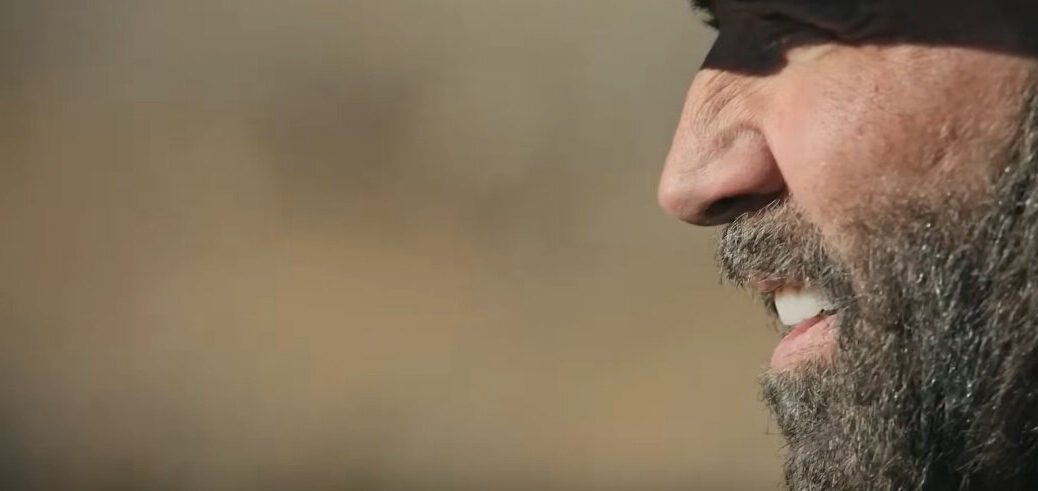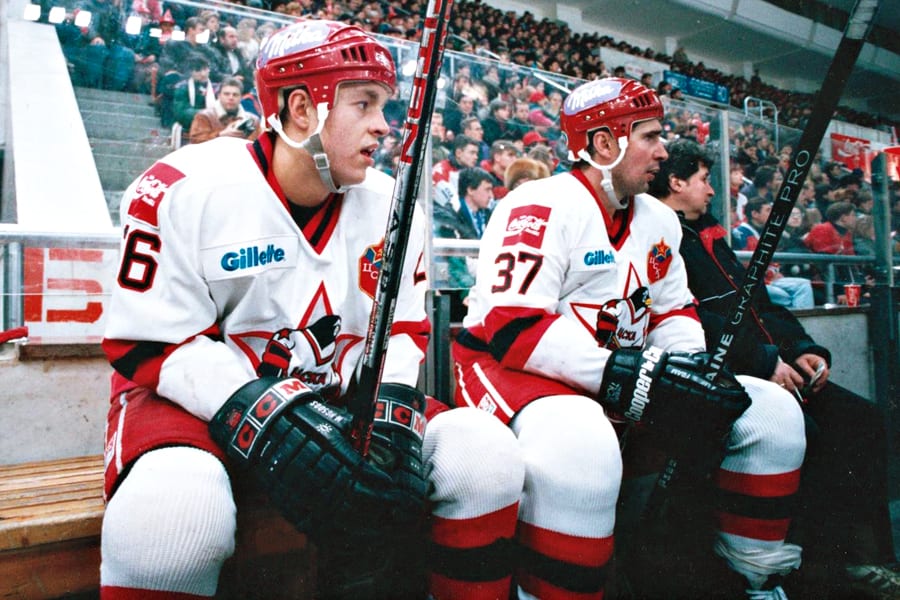Butcher’s Crossing
by Hope Madden
Nicolas Cage has done the wild West before. Of course, with 116 acting credits, he’s done most everything before. But he’s done this recently – earlier this year in The Old Way, and a couple of years back in Prisoners of the Ghostland. What’s new with Butcher’s Crossing?
Cage plays Miller, a buffalo hunter. He works for himself. And he knows the stragglers with their paper thin hides around these parts ain’t nothing compared to the majestic creatures he’s seen in the thousands over in Colorado territory. If only somebody’d pony up the dough, he could put together a hunting party and bring in the biggest haul this town’s ever seen.
Well, sir, that’s just what young Will Andrews (Fred Hechinger) wants to hear. He dropped out of Harvard in search of adventure, and this looks to be that.
Co-writer/director Gabe Polsky adapts John Williams’s gorgeous 1960 novel of bitter truth and American mythology. Visually striking, the film’s untamed beauty belies its meager budget. Creating an atmosphere with limited means is an instinct Polsky has shown since his impressive feature debut, Motel Life.
Miller, Will, the hyper-religious Charlie (Xander Berkeley) and the scoundrel Fred (Jeremy Bobb) head into the Rockies in search of buffalo. What they find, along with the beasts, is themselves, and that is not pretty.
Butcher’s Crossing becomes a descent into madness film. This should be where Cage excels. Madness is essentially his brand. The character isn’t written well enough to leave an impression and Polsky’s storytelling is too tight to let the veteran madman open up. Lunacy never materializes.
Hechinger, memorably naïve in News of the World, delivers well enough as innocence turned sour. Both Bobb and Paul Raci, as the bitter entrepreneur who warned the men against the hunt, add a bit of color to the story.
Butcher’s Crossing is an ugly story of greed. It’s an ugly story of America. The shots of bison carcasses make an impression – the photography throughout is impressive, but this sickening image is particularly something. Unfortunately, Polsky’s script and cast can’t quite match the visual clarity he gives the tale.




